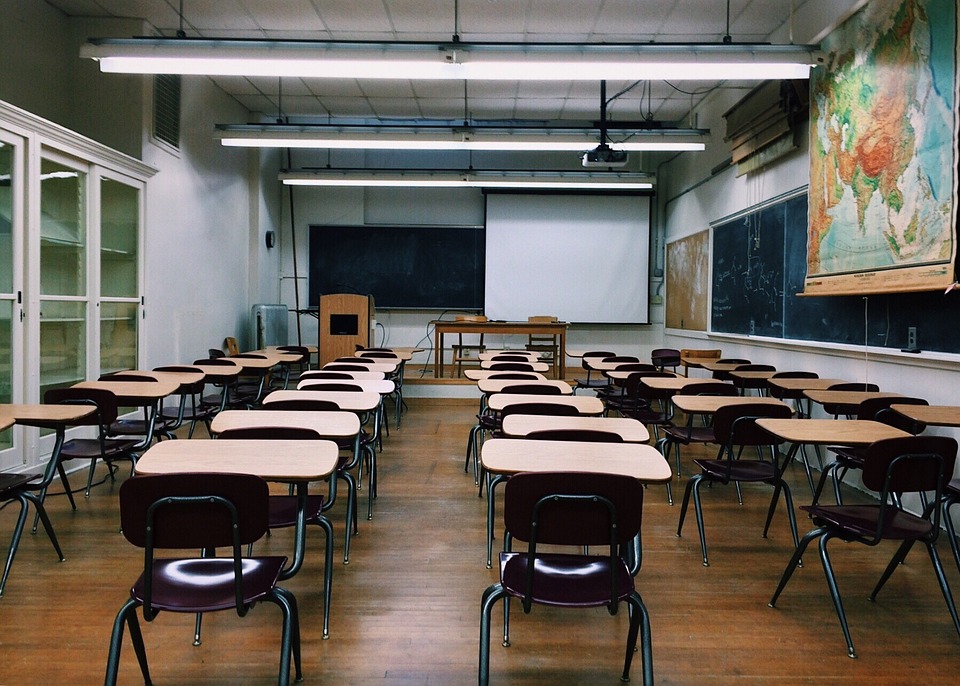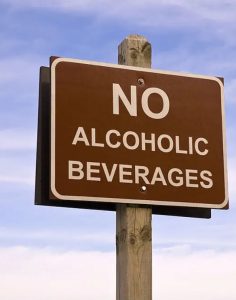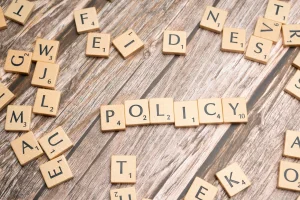The Basic Education Laws Amendment (BELA) Bill is a holistic reform of South Africa’s education system. The reforms span issues of governance, language policy, homeschooling, and inclusive education. We could break down the proposed reforms into ‘The Good’, ‘The Bad’, ‘The Workable’, and ‘The Not So Feasible’ as follows.
The Good
- Enhanced governance structures and accountability mechanisms
- Stronger roles for SGBs: The BELA Bill proposes an expansion of the powers and duties of SGBs, strengthening school-level governance. It also provides for more intense DBE oversight of schools, including monitoring and evaluation tools to ensure schools achieve well-defined performance targets.
- Support for inclusive education: The bill expands support for learners with disabilities by providing specialist support at the district offices. This measure is in line with the DBE’s emphasis on inclusive education in 2022, as recommended by the HSRC report that argues that improved outcomes for disabled learners will only emerge from targeted interventions.
The Bad
- Increased administrative burden: The BELA Bill introduces new regulations, augmenting existing statutory regulations that govern reporting and compliance by schools. However, the Centre for Development and Enterprise noted that heightened accountability has increased schools’ administrative workload, detracting from their core mission, and education quality has suffered.
- Centralized monitoring: The bill introduces more central oversight by the DBE. This is essential to ensure compliance. However, too much centralization will serve to entrench the central bureaucrats’ control. Schools will not have the autonomy to experiment and adjust policies locally, making the system rigid and slow to adjust. The HSRC Report of 2021 that improved outcomes result from schools being nimble to adjust to local demand.
The Feasible
The introduction of standardized long-term assessment tests with performance targets is a workable approach to enhancing accountability and improving educational outcomes. Evidence from the CDE report suggests that performance targets can drive school effectiveness when aligned with strategic interventions.
Specialist Support for Disabilities
The bill’s provision for enhanced support programs in district offices is a step in the right direction. Addressing the needs of learners with disabilities, these programs are recommended by the DBE Inclusive Education Report as best practice in the area of compliance with the requirements relating to the provision of specialized support.
The Not So Feasible
Standardized Assessments and Reporting
The bill’s drive towards standardized reporting structures and assessments might be problematic. While on the surface the idea is clear and concise, it can all too easily overlook individual local conditions and challenges in favor of uniform responses. Historical evidence provides ample examples of the failure of standard measures to fit the unique and different conditions of separate schools.
Are the compliance measures feasible?
Compliance Measurements and Rigid Requirements
The stringency of the bill’s compliance measures can be damaging. While compliance is vital for the proper functioning of schools, demands under the BELA bill might prove detrimental to schools. Historical data and current evidence from the 2022 Centre for Development and Enterprise report suggest that inflexibility in compliance can be harmful, particularly if schools are challenged. Increased administrative burdens and inflexible compliance can make innovations in school management difficult.
While the BELA Bill presents some useful additions to the landscape of South Africa’s education system – such as increased governance and long-term performance targets – it also introduces risks. The combination of centralized oversight increased administrative burdens, and stricter compliance requirements may pose problems for the country’s educational sector. The optimal path going forward is a mixed approach to both standardization and flexibility.




